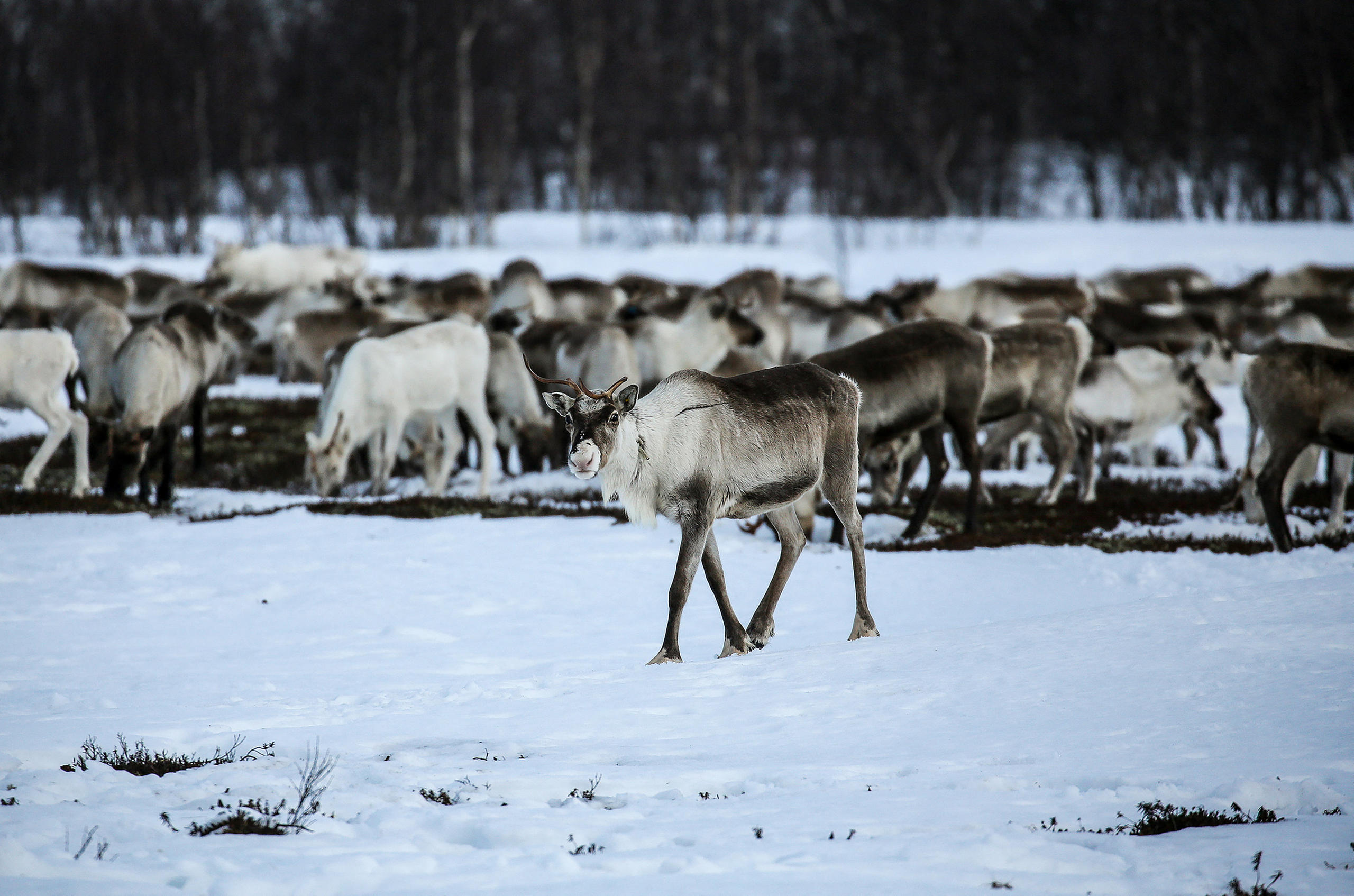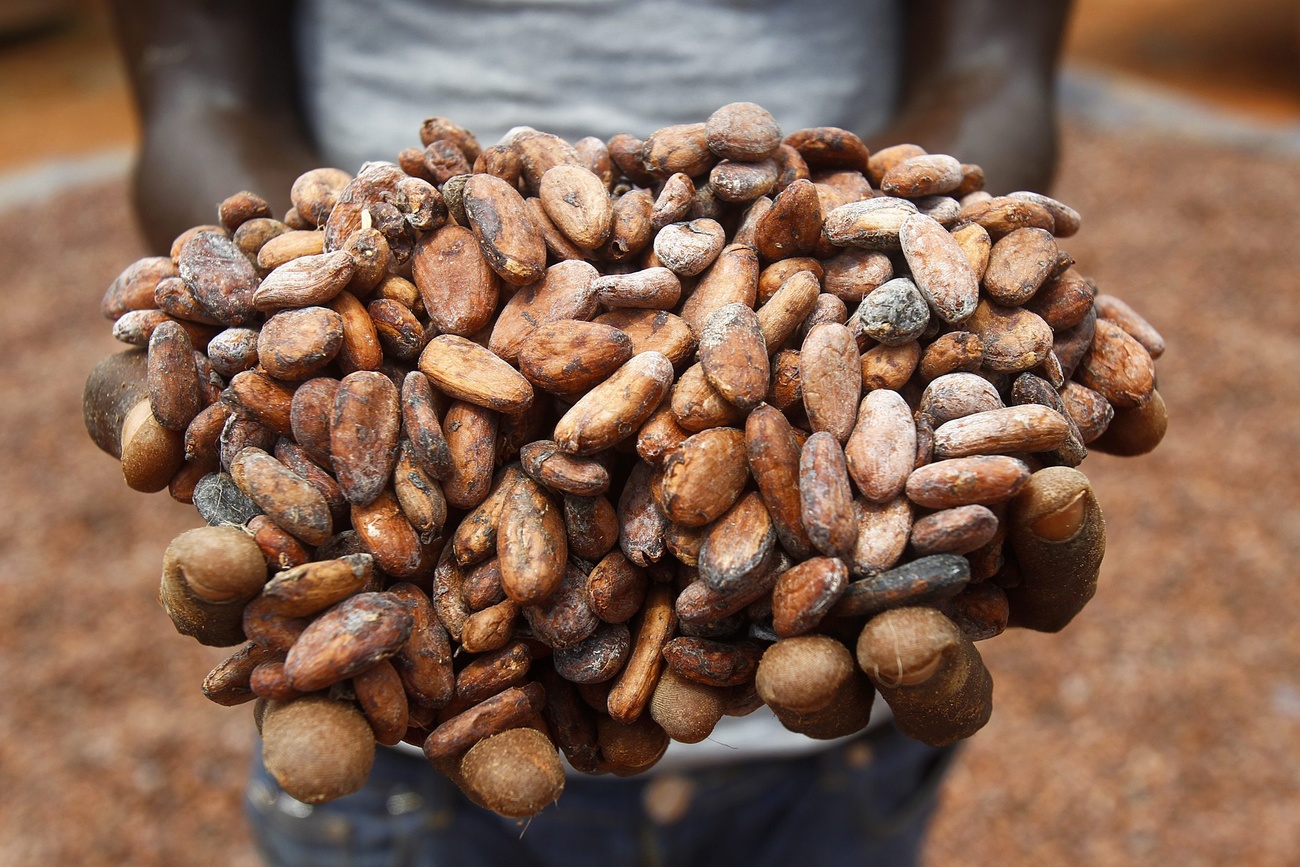
The uncomfortable truths that global sports and multinationals share
Sport is back, and the fans are glad the days of being confined to their living rooms watching Roger Federer practice trick shotsExternal link in the snow are over. But the thorny questions around how global sports deal with human rights abuse haven’t gone away.
As millions cheered the start of Euro 2020, Human Rights Watch and the New York Times exposed allegations of systemic sexual harassment and abuse of dozens of female basketball players in Mali, the majority of them teenagers. The president of FIBA, basketball’s governing body, who is from Mali, stepped aside as an investigation was opened.
Global sport is no stranger to scandal. Decades of corruption, match-fixing and doping have created an entire sports law industry. But the latest scandals are different as is the social media outrage around them. Athletes’ personal accounts of abuse, particularly as children, at the hands of people in power in sports, are hard for sports bodies to simply hand over to legal teams.
Like multinational companies, global sports bodies, sit within a grey area of accountability, especially for what happens abroad. Many like the International Olympic Committee, FIBA, FIFA and the FIG (gymnastics governing body) are based in Switzerland, which has vague laws governing their behaviour. Sports bodies also control national federations akin to the way companies control subsidiaries.

More
Olympics: ‘Sport has a responsibility to do no harm’
What happens then when abuse is in a country with a weak justice system or where speaking out can land you in jail or worse? Who is responsible for protecting athletes and other people affected by sport?
“You can’t take cases of athlete abuse and try to crunch them through the same mechanism that’s dealing with sport integrity issues” like doping, Mary Harvey, who heads the Centre for Sport and Human Rights told me. What’s the alternative though?
What else caught my eye?
Indigenous groups urge Swiss banks to use their financial clout in the Russian Arctic. UBS and Credit Suisse are major investors in the Russian extractives firm Nornickel, which was behind a major diesel spill in the Russian Arctic that had crippling consequences for indigenous communities. While the company has been cleaning up the spill, the groups argue that it “is the tip of the iceberg” and they want real dialogue with the company. The banks told my colleagues that they don’t do business with firms associated with environmental or social damage but wouldn’t discuss client relationships.

More
A plea to Swiss banks from the Russian Arctic
US Supreme Court sides with Nestlé and Cargill in child labour case. The justices didn’t reject the accusations that the big chocolate manufacturers were complicit in the use of child slavery on Ivory Coast cocoa farms. Rather, they argued that the allegations lacked enough US connection to sue under the Alien Tort Statute. Although the court stopped short of exempting companies from liability under the law, Bloomberg writes that the decision offers companies a “broader shield” against lawsuits brought from abroad.

More
Nestlé Supreme Court ruling further limits accountability for company actions abroad
Germany and Norway pass laws reining in corporate abuse in supply chainsExternal link. While the laws don’t go as far as activists would have liked when it comes to liability and environmental damage, they are signs that due diligence is soon to become the norm. The laws also inject energy into EU plans for a similar law. Although some companies voiced support of an EU plan, a recent report found that some of the biggest “sustainability champions” are lobbying behind the scenesExternal link to weaken the law.
Swiss voters show they aren’t ready for a green wave. A new CO2 law and initiatives to ban synthetic pesticides lost at the ballot box last weekend, stunning a country that is already feeling the effects of climate change on its glaciers and mountain ranges. “The Swiss are green, but not too green,” wrote Le Nouvelliste. “They are in support of the environment as long as it costs almost nothing.” The vote will make it more difficult for the country to achieve climate targets under the Paris accord. Shortly after the vote, Swiss public television RTS revealed that the country is far off from where it should be in reducing GHG emissions and cement makers including Holcim are the worst offenders.External link
Feedback or story tips? Send me a message: jessica.davis@swissinfo.ch
Thanks for reading.

In compliance with the JTI standards
More: SWI swissinfo.ch certified by the Journalism Trust Initiative






























You can find an overview of ongoing debates with our journalists here . Please join us!
If you want to start a conversation about a topic raised in this article or want to report factual errors, email us at english@swissinfo.ch.